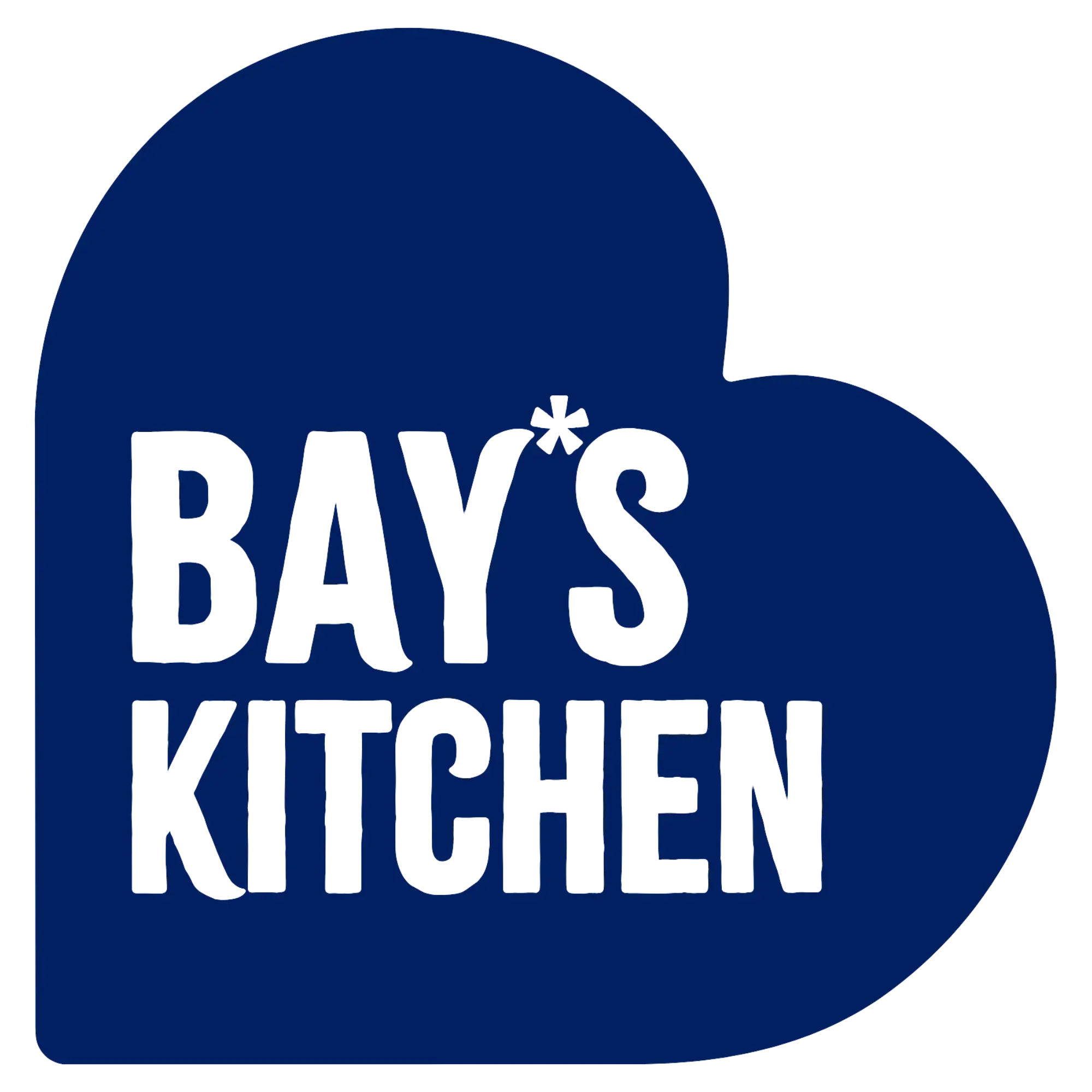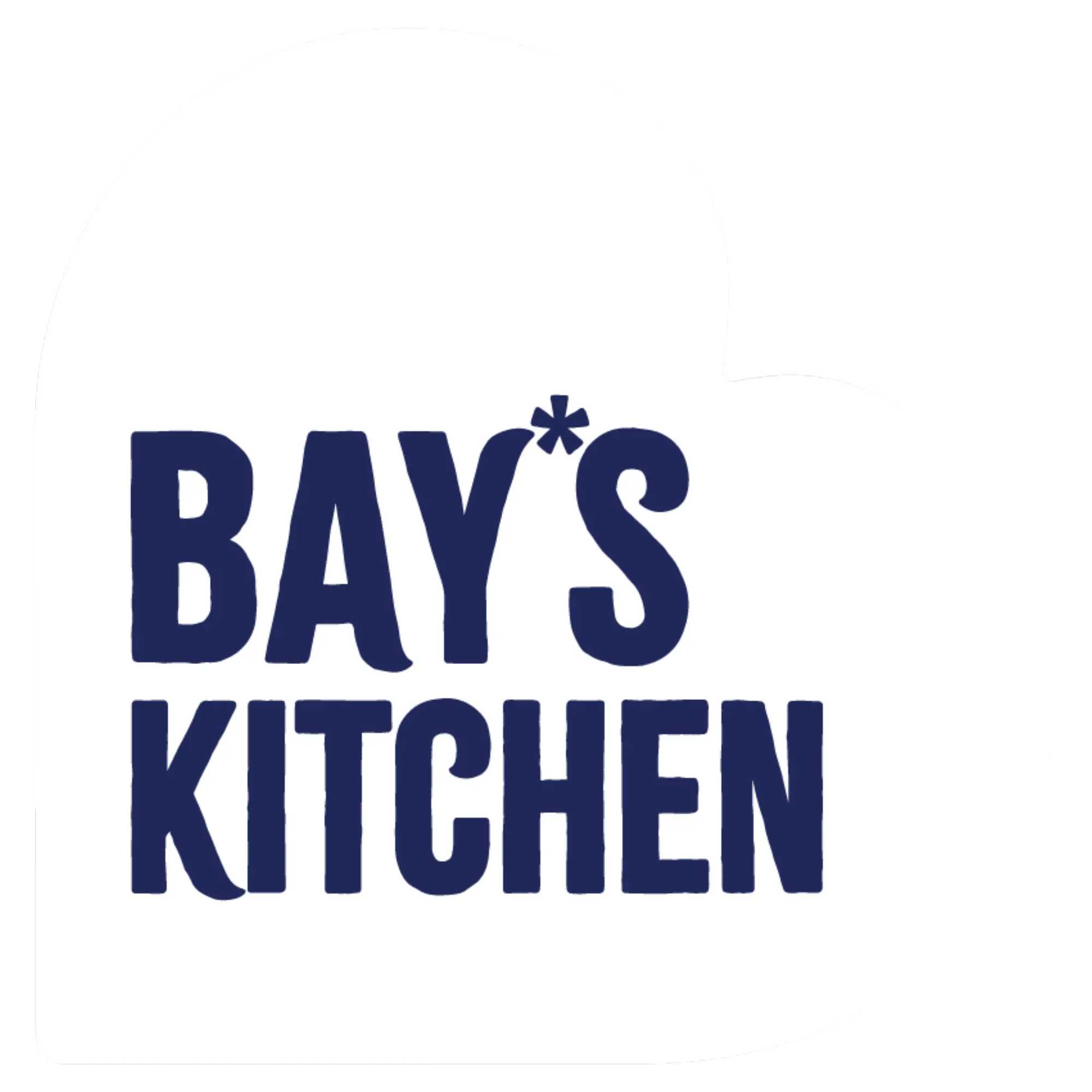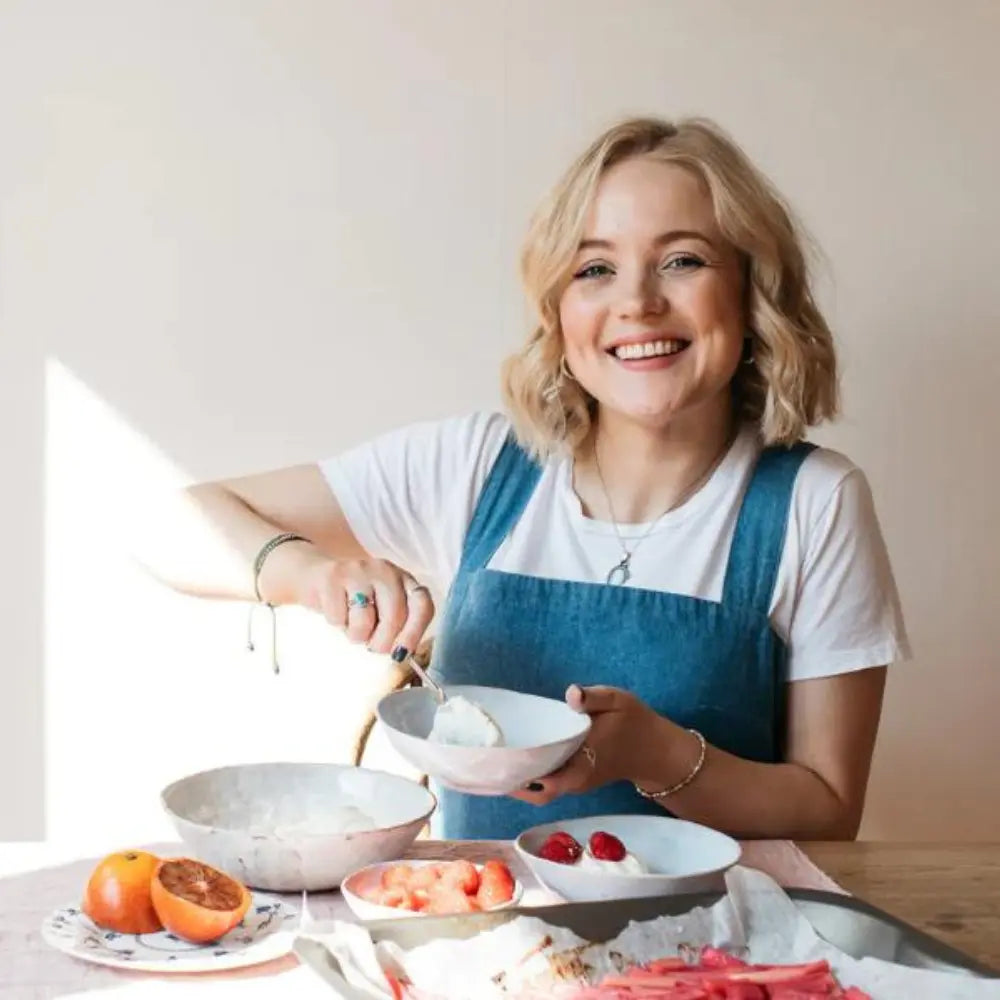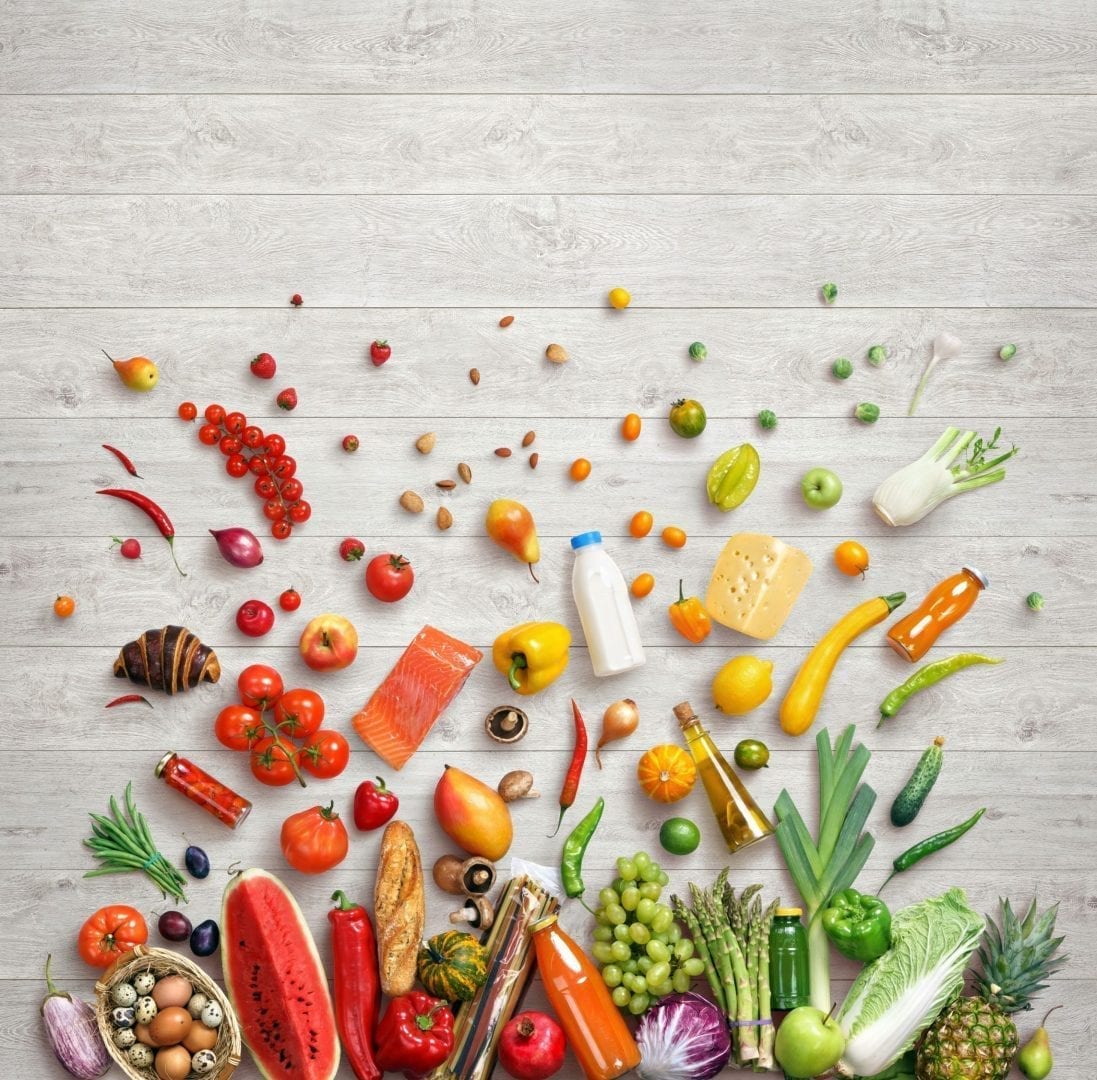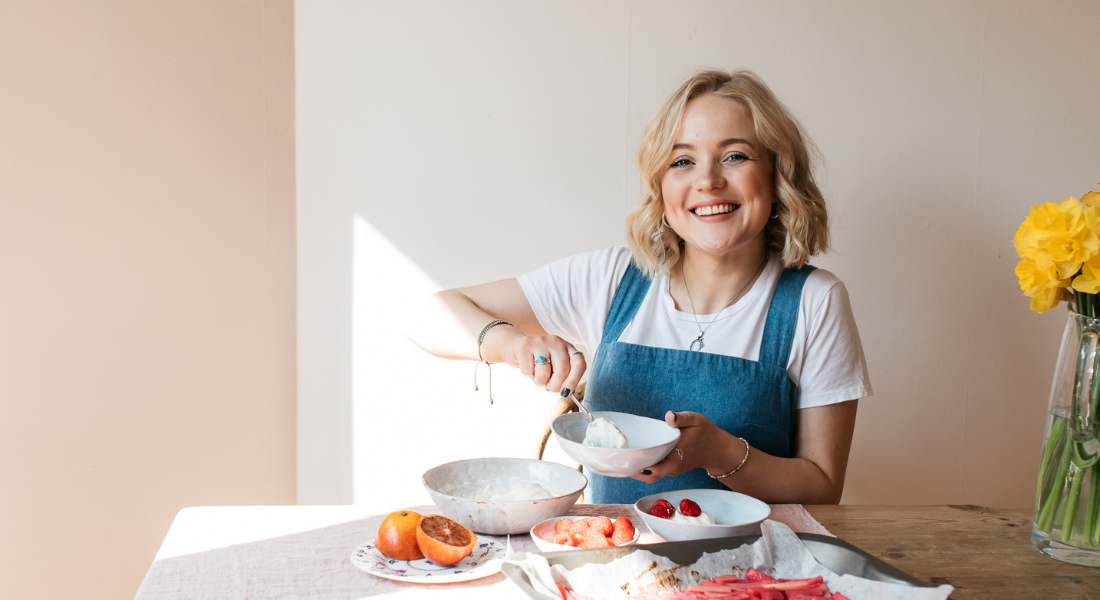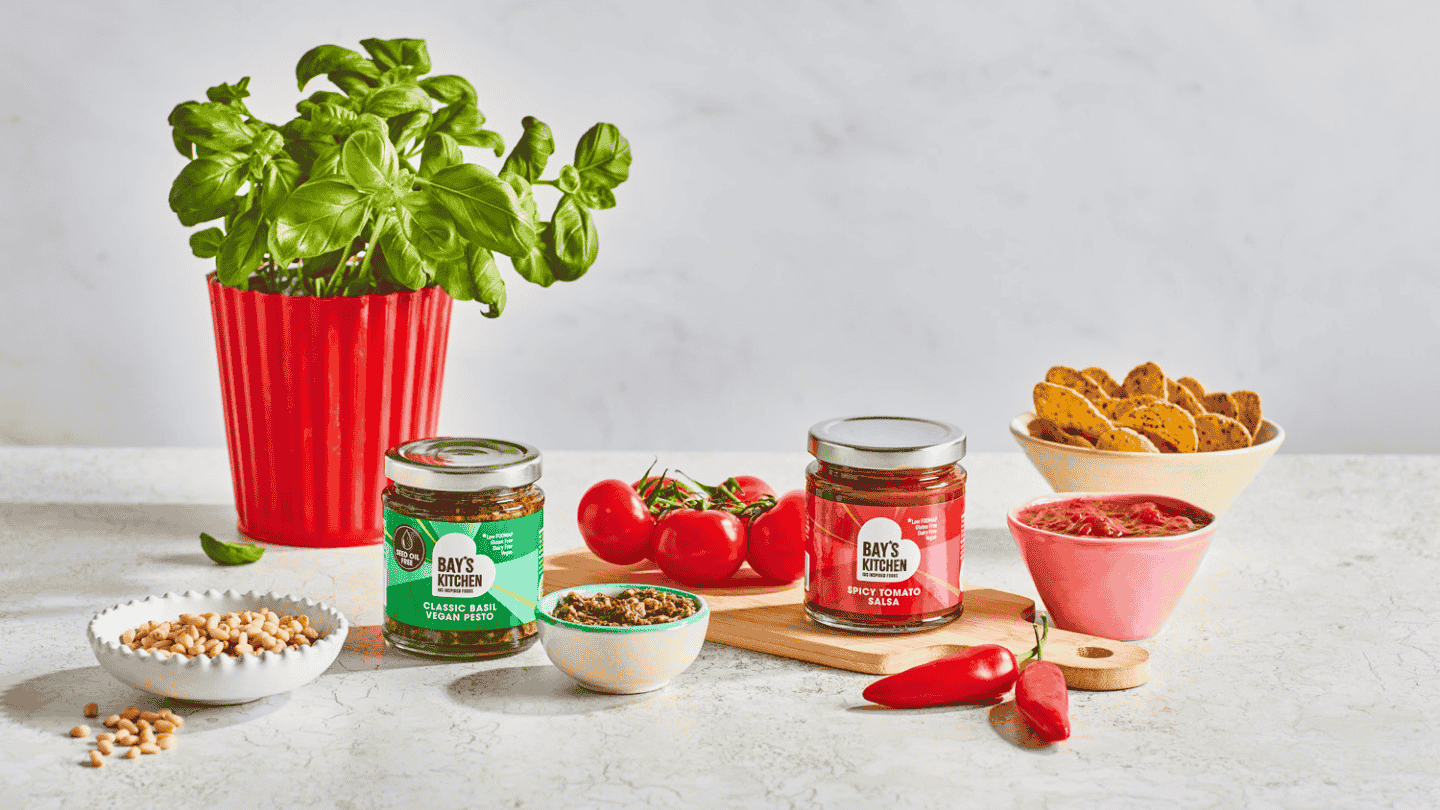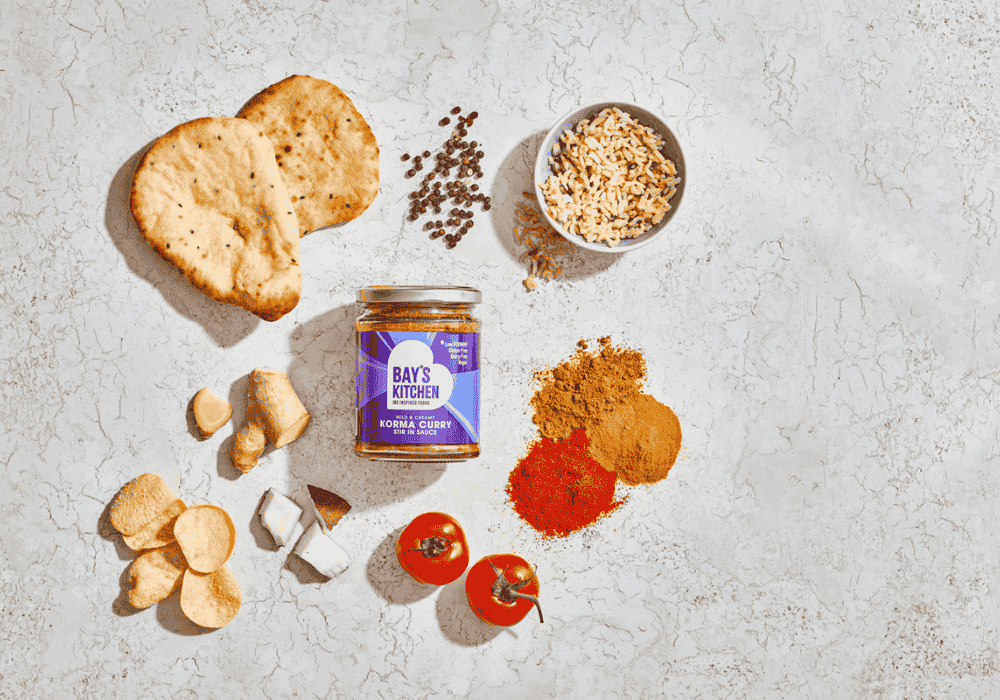Starting the Low FODMAP diet can be overwhelming as it is - throw in eating plant-based (that’s for another post!), allergies, or cooking on a tight budget and it can be even trickier. Here are some of my tried and tested tips and tricks for the latter, to still eat delicious food without breaking the bank:
Cook at home
Even ignoring the saving money part, cooking meals at home is a great thing to do when starting the Low FODMAP Diet. You can be more flexible, meals are adaptable and you know exactly what you’re eating. For the first few days I found it useful to pick a couple of simple recipes for breakfast, lunch and dinner, that I knew I could fall back on and cook without stress and with ease. Knowing what you can cook at home that’s suitable helps take the pressure off and will hopefully give you a bit of confidence for the next steps ahead. Bay's Kitchen have plenty of easy recipes to follow - find them here.
Get planning
Once you’ve nailed those first few recipes, get planning for the weeks ahead (hopefully the dietician who has recommended you start the diet will have given you some guidelines on time frames etc.). It’s incredibly frustrating to be caught out when away from home and having to buy lunch or snacks that might not only be higher FODMAP but budget-blowing too. Draft up a weekly menu using staple low FODMAP ingredients (the Monash University FODMAP app is one to download for this) and don’t forget about how those ingredients could mix-and-match across different meals to help prevent waste. Write a shopping list and (on a full stomach!) head to the shops and really try and stick to it. Don’t forget about shops online that can be a great resource for low FODMAP too and buy in bulk if it works, to save on those delivery costs. To help you get planning and stock up on your Bay's Kitchen essentials, use code BKBLOG15 to get 15% off* your Bay's Kitchen favourites when you spend over £30.
Batch cook
Make friends with your freezer
Alongside the meals you’ve expertly (I have full faith) batch cooked above, stash bags of frozen fruits and veggies. Just as good as fresh and often more economical, they’re brilliant to have on hand, whether it’s for a handful of berries stirred through porridge or extra veg to bulk out a stir-fry. Gluten-free and low FODMAP bread can often go stale quickly, so storing it in the freezer is a great way to keep it fresh too (blitz any rogue single slices into breadcrumbs and use to top fish instead of buying gluten-free or low FODMAP ready-made).
Buy in season
Eating seasonally, and eating a variety of foods, is not only great for our gut and our microbiome diversity, but is more sustainable, cheaper and tastes better too. Where appropriate, think about more alternative cuts of meat and fish, that are often lower-cost and just as delicious. Buy a whole chicken and break it down at home yourself, rather than spending on each of the individual pieces. Eggs and firm tofu are also delicious meat alternatives that are low FODMAP and that can be cooked and used in lots of different, delicious ways.
Remember it’s about balance
(As are most things in life) try and balance the more expensive ingredients with the more economical ones, such as potatoes, rice and tinned beans (check out that Monash app for portion sizes). Think about grains that are naturally low FODMAP such as oats and quinoa and as long as you know you’re going to eat them, buy in bulk and empty out into jars or food containers a little at a time. Porridge is cheap, nutritious and low FODMAP and one of my favourite options for breakfast. Keeping costs down on that meal might mean that I can then spend a little more at dinner etc.
Prevent waste as much as possible
Cooking something like a stir-fry (rice noodles are good), frittata or a batch of soup using up any lurking leftovers or odds and ends in the fridge can be a great way to help prevent waste. When it comes to soups, reinvigorate those veggies with some Bay's Kitchen Concentrated Vegetable Stock; another item that you can have on hand in the fridge, it will last a long time and you know it’s there to give dishes that extra zing.
Get green fingered
Last but not least, grow your own. I’m largely thinking about herbs for this one - but brilliant if you have the ability to grow your own fruits and vegetables too. Almost all herbs and spices are low FODMAP and are a great way to add flavour to dishes without onion and garlic. When it comes to spices, instead of buying small jars of spices each time, buy in bulk and decant (whole spices that you crush at home will keep fresher for longer). For herbs, skip those tiny packets, buy supermarket herb pots (such as basil) and plant them in a larger pot with compost at home. Not only will they look good on your countertop, they’ll be easy to access and cook with too. Similarly, with spring onions, once you’ve used the green parts (low FODMAP), place the bulbs in a glass of cool water in your kitchen. Put in a sunny spot, change the water often and watch the green tops grow, ready to be snipped as needed.
